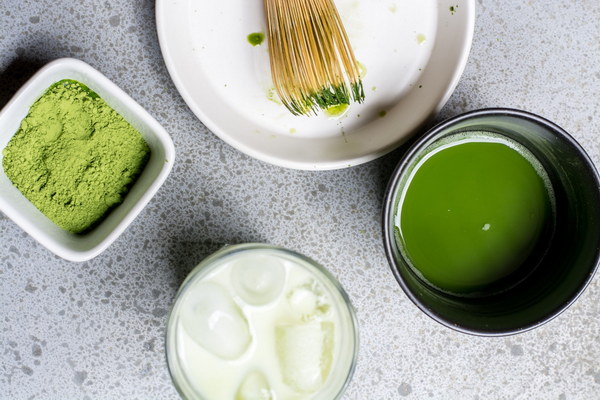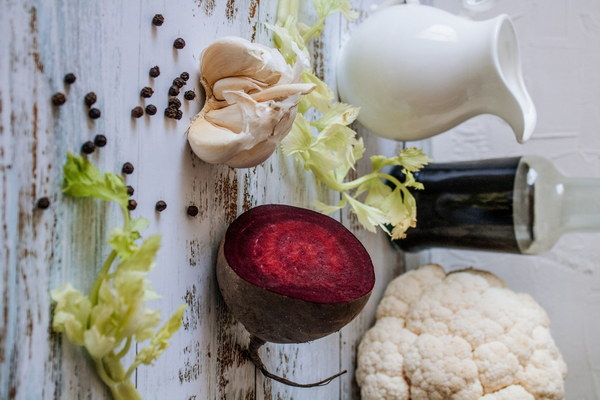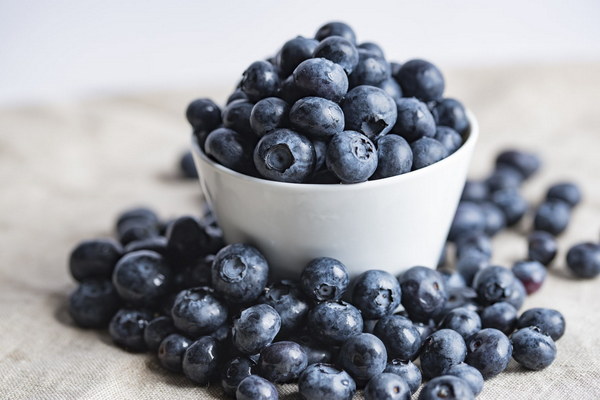Rosemary A Culinary Herb for Liver Health and Protection
Introduction:
Liver health is a crucial aspect of overall well-being, and incorporating certain foods into your diet can help support this vital organ. One such herb that has been gaining attention for its liver-boosting properties is rosemary. This aromatic herb not only adds flavor to your dishes but also provides numerous health benefits, particularly for liver function. In this article, we will explore how rosemary can help in maintaining liver health and protection.
1. Antioxidant Properties:
Rosemary is rich in antioxidants, which play a vital role in protecting the liver from oxidative stress. Free radicals, which are unstable molecules, can cause damage to liver cells and contribute to liver diseases. The antioxidants present in rosemary, such as rosmarinic acid, help neutralize these free radicals, thereby safeguarding the liver.
2. Detoxification Support:
The liver is responsible for detoxifying harmful substances in the body, including alcohol, medications, and environmental toxins. Rosemary contains compounds that can enhance the liver's detoxification process. Studies have shown that rosemary can increase the production of enzymes involved in detoxification, helping the liver to eliminate toxins more efficiently.
3. Liver Protection against Inflammation:
Chronic inflammation is a significant risk factor for liver diseases such as non-alcoholic fatty liver disease (NAFLD) and cirrhosis. Rosemary has anti-inflammatory properties that can help reduce inflammation in the liver. This herb contains compounds like carnosic acid, which have been found to inhibit the activation of inflammatory enzymes, thereby protecting the liver from damage.
4. Improved Liver Function:
Regular consumption of rosemary has been shown to improve liver function in various studies. The liver's ability to process and filter blood is crucial for maintaining optimal health. Rosemary can enhance the liver's function by promoting the regeneration of liver cells and improving its capacity to handle toxins.
5. How to Incorporate Rosemary into Your Diet:

Now that we know the numerous health benefits of rosemary, let's explore how you can incorporate this versatile herb into your daily meals:
a. Fresh Rosemary: Add fresh rosemary to your favorite dishes such as roasted vegetables, stews, soups, and sauces. It pairs well with meats, poultry, and fish.
b. Dried Rosemary: If fresh rosemary is not available, you can use dried rosemary as a substitute. Sprinkle it on pizza, pasta, and potatoes for a delightful flavor.
c. Rosemary-infused Oils: Infuse olive oil or other cooking oils with rosemary by adding a few sprigs to the oil and allowing it to steep for a few hours. Use this oil to dress salads, marinate meats, or drizzle over cooked vegetables.
d. Rosemary Tea: Brew a cup of rosemary tea by steeping a teaspoon of dried rosemary in hot water for 5-10 minutes. Enjoy this aromatic beverage as a soothing drink or add honey and lemon for added flavor.
Conclusion:
Rosemary is a remarkable herb that can contribute to liver health and protection. Its antioxidant, anti-inflammatory, and detoxifying properties make it a valuable addition to your diet. By incorporating rosemary into your meals, you can reap the benefits of this aromatic herb while savoring its unique flavor. Remember to consult a healthcare professional before making significant changes to your diet, especially if you have pre-existing liver conditions.









